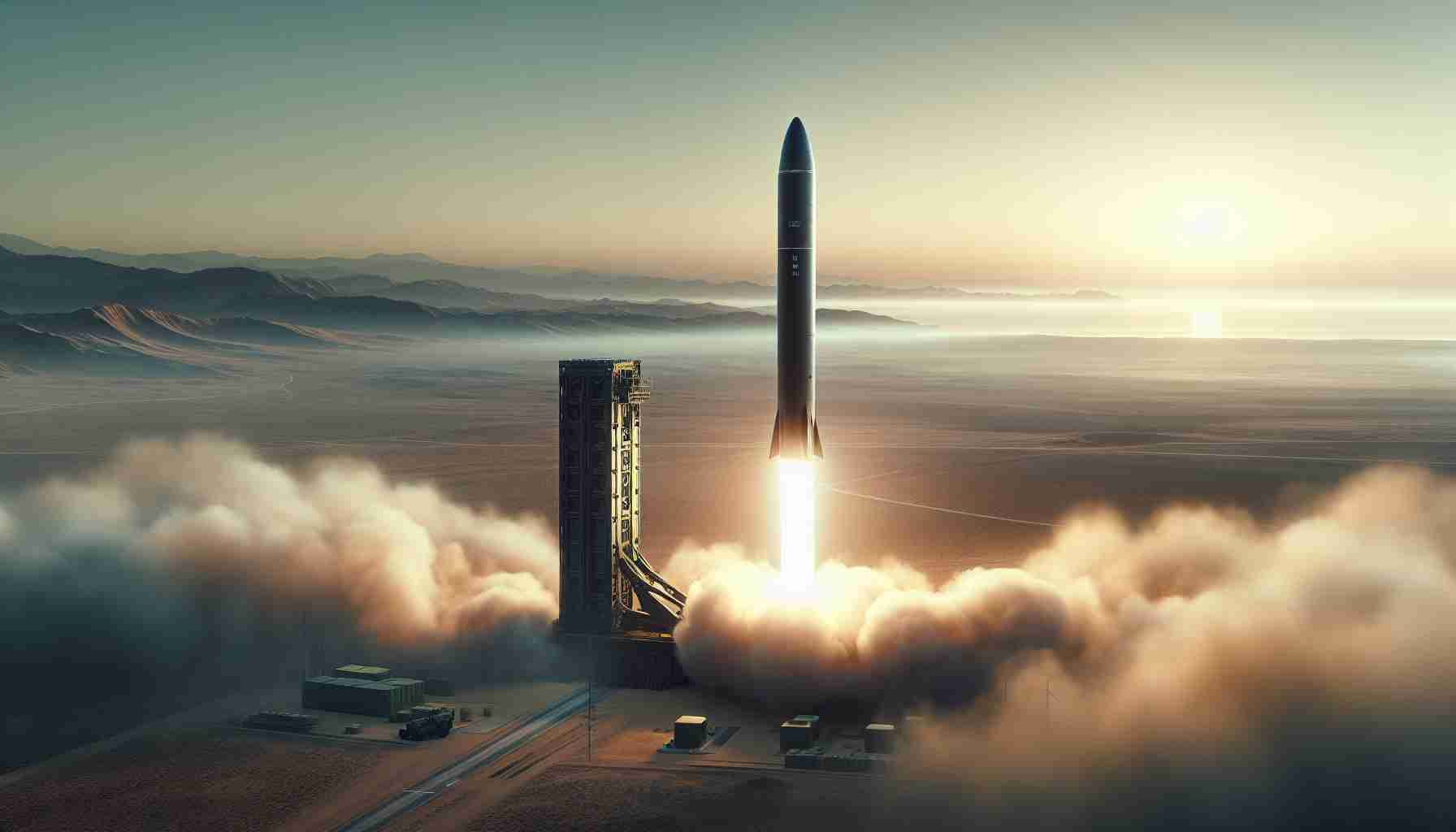
China’s test launch of an intercontinental ballistic missile (ICBM) into the Pacific Ocean on Wednesday has further increased tensions in the region, raising security concerns and prompting questions about Beijing’s intentions. The Defense Ministry, in a statement posted on social media, confirmed that the missile carried a dummy warhead and landed in a designated area of the sea.
While China insists the launch was part of routine annual training and compliant with international law, the timing and location of the test have sparked widespread international scrutiny. Experts and analysts are highlighting the unusual nature of the test, as China has not conducted a similar launch into international waters since 1980.
A Symbolic Act with Global Implications
The 1980 test, also conducted in the South Pacific, clearly demonstrated China’s nuclear capabilities. The current launch echoes this sentiment, sending a message to the United States, China’s primary global rival, and the wider international community.
The test also comes during heightened tensions between China and the US, with both nations engaged in an apparent arms race. Experts like Jeffrey Lewis, a missile expert at the James Martin Center for Nonproliferation Studies, observe a shift in China’s approach, suggesting a stronger focus on operational readiness and a willingness to demonstrate its military capabilities to the world.
Beyond the Test Range: Domestic and Regional Implications
The ICBM launch has implications beyond the geopolitical landscape. It also reflects internal pressures and concerns within China itself. The test coincides with a series of corruption arrests targeting high-ranking officers within the People’s Liberation Army’s Rocket Force, alongside the detention of two former defense ministers facing allegations of misconduct.
The test could serve as a show of force, reinforcing the Communist Party’s grip on power and demonstrating its commitment to asserting China’s global prominence, particularly amidst economic challenges. The test also casts a shadow over regional tensions, notably with Taiwan and the Philippines. The recent deployment of the U.S. Typhon missile system in the Philippines has heightened anxieties, with Filipino officials confirming an indefinite deployment to deter China.
A New Era of Strategic Competition in the Pacific
The ICBM test marks a new era of strategic competition in the Pacific region. China’s growing military assertiveness, coupled with the ongoing US-China rivalry, has significantly increased regional tensions. The test serves as a stark reminder of the potential for escalation and regional stability challenges.
Many experts believe the test will have a lasting impact on the security landscape in the Pacific. It underscores the importance of dialogue and cooperation in addressing the complex challenges posed by China’s growing military capabilities and its assertive foreign policy. However, the test also highlights the potential for miscalculation and unintended consequences in a region already characterized by deep-seated mistrust and historical grievances.
The Implications of China’s Military Modernization
China’s ICBM test into the Pacific Ocean is a significant event, marking a turning point in the region’s security dynamics. It showcases Beijing’s evolving military capabilities and assertive stance on the world stage. The test’s timing and location underscore China’s determination to project its power globally while simultaneously addressing internal concerns and navigating regional tensions. The implications of this test extend far beyond the immediate impact, raising crucial questions about the future of international security and the role of China in shaping the global order.
